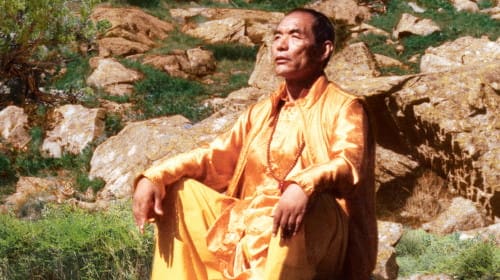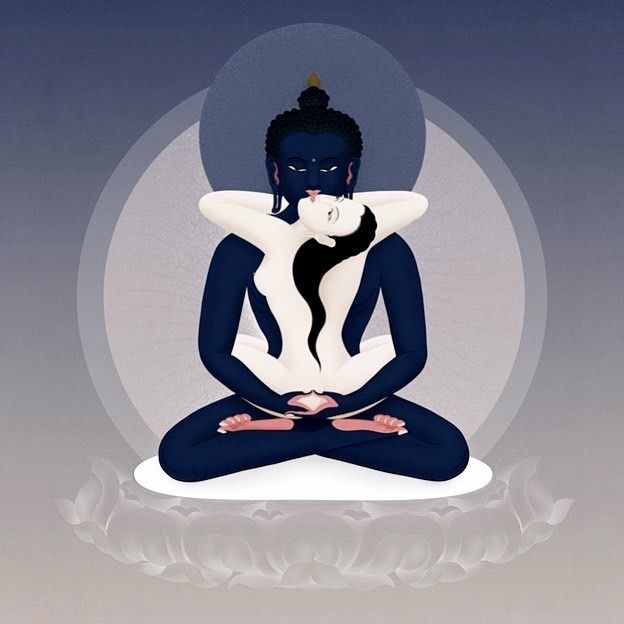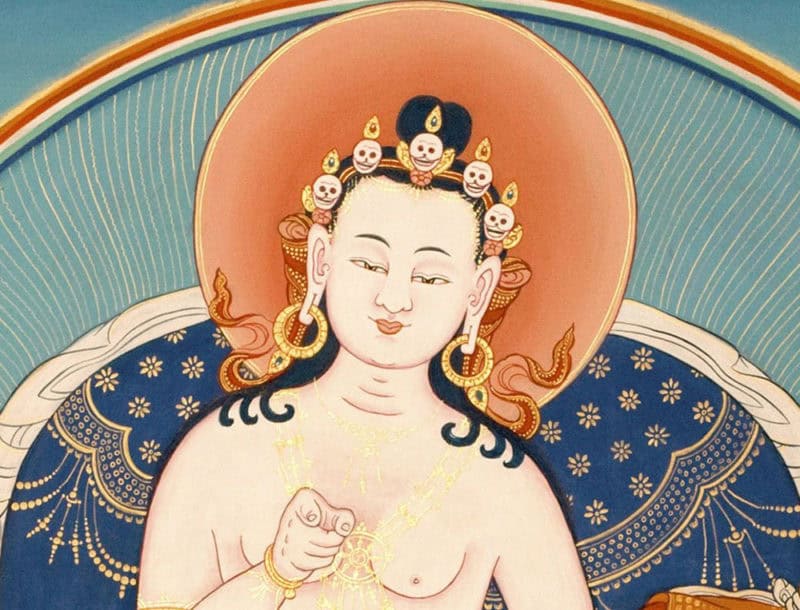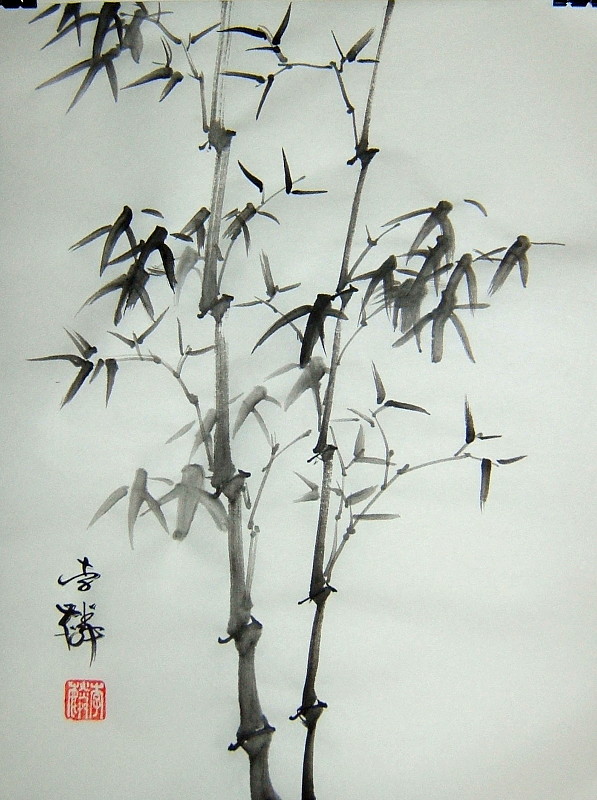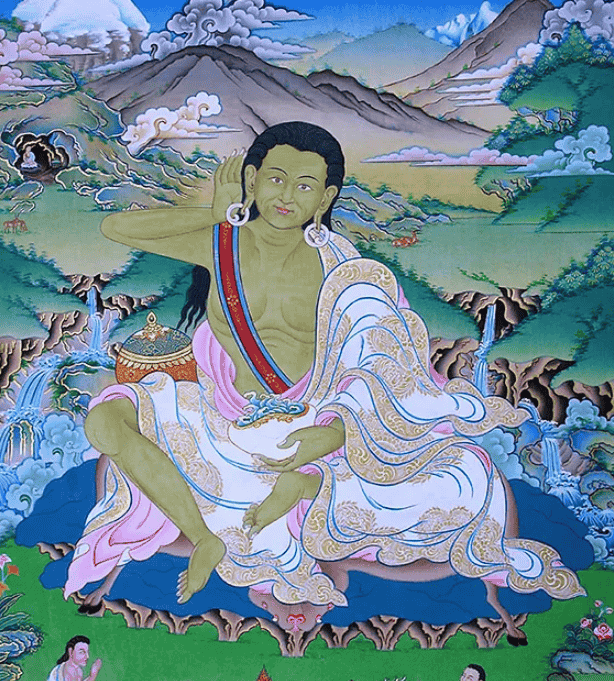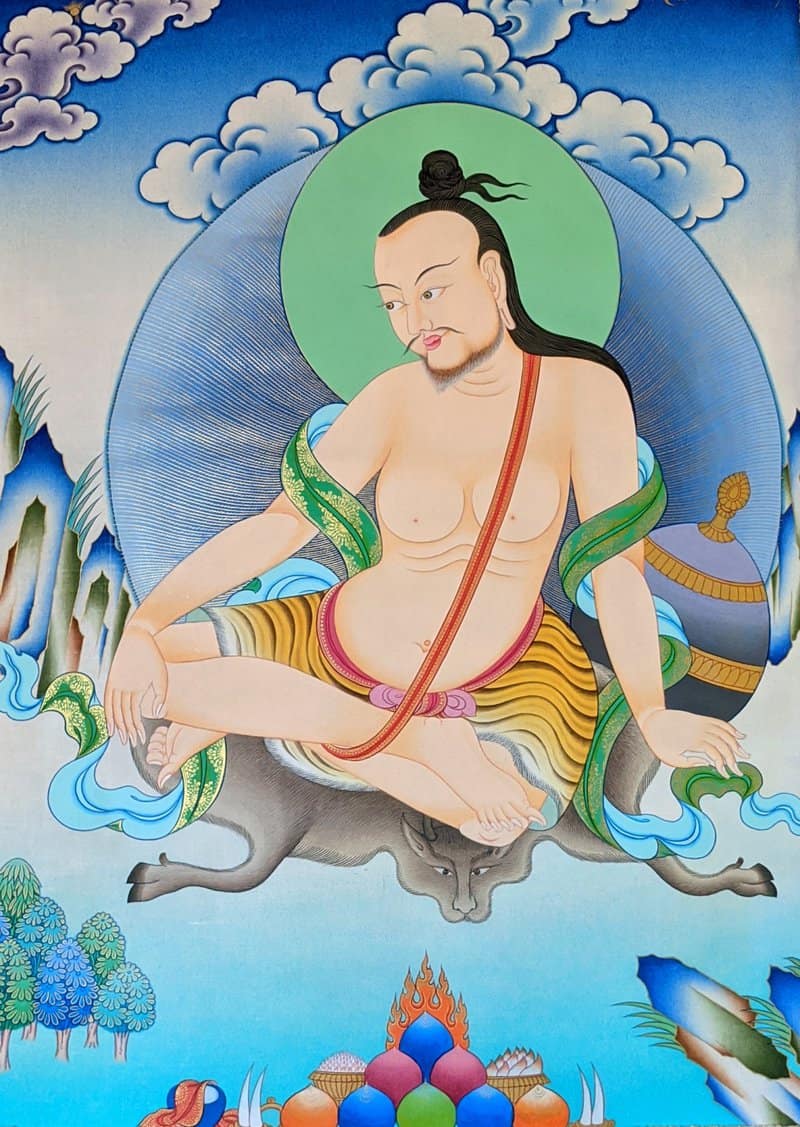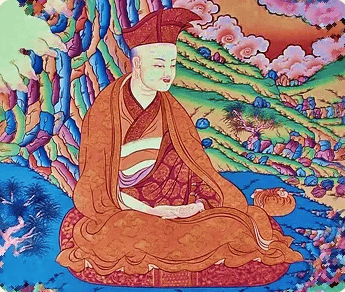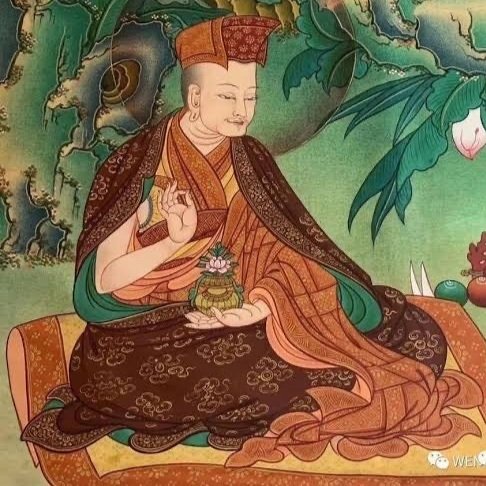In Dzogchen, what is Natural Perfection / Spontaneous Presence (Lhungrub)?
This post is an exploration of Natural Perfection or Lhungrub in Tibetan (ལྷུན་གྲུབ) – the third of a series of posts on Dzogchen key terms. Natural Perfection is pointing to the natural, effortless manifestation of phenomena from the ground of being (Gzhi). It is the dynamic aspect of the mind that allows for the continuous arising of […]
In Dzogchen, what is Natural Perfection / Spontaneous Presence (Lhungrub)? Read Post »


